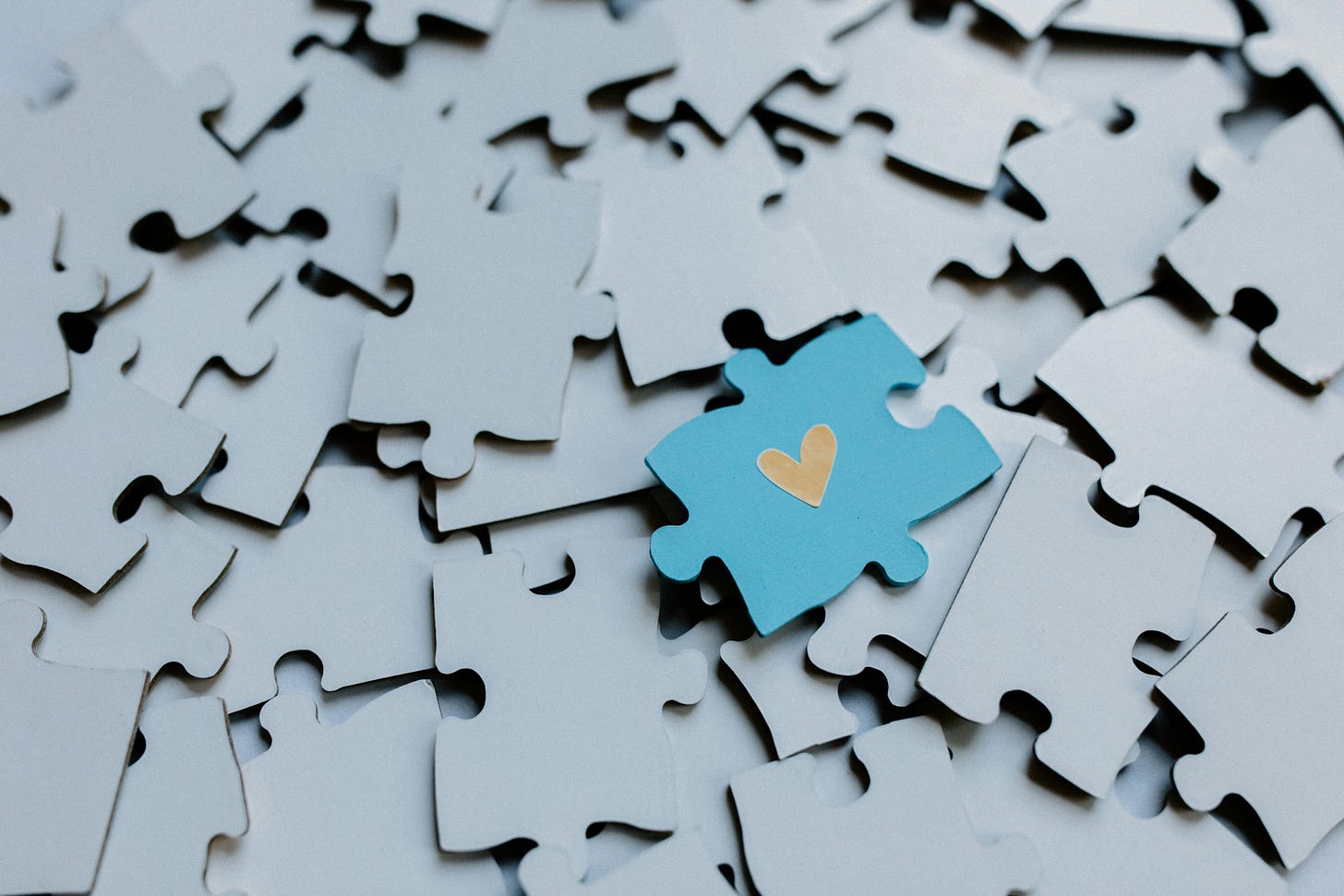Is Empathy Really the Weakness of Western Civilization?
2 Cents & a Lime™ - A weekly dose of perspective that cuts through the fluff.
image credit pexels.com
Welcome to 2 Cents & a Lime™ — where I drop two cents on something real, toss in a twist (because life rarely serves anything straight up), and keep it short enough to finish before your coffee goes cold.
This week's topic? Empathy.
It's trending, misunderstood, and apparently ruining Western civilization, or so some folks say.
The word empathy is barely over a century old. It comes from the German term Einfühlung, meaning “feeling into.” It was originally used in the 19th century to describe how people connect emotionally with art.
In 1909, psychologist Edward Titchener translated it into English as “empathy,” changing the idea from art to people. By the mid-20th century, it had migrated into psychology and therapy and eventually became a catch-all for emotional resonance.
But empathy wasn't named for most of human history; it was lived. In tight-knit communities, understanding others was survival. The difference now is that we talk about empathy more than we practice it.
2 Cents
Empathy isn't fragile. Our systems are.
Empathy threatens control, not stability. The moment you start recognizing people as fully human with nuance, with contradiction, you disrupt the nice, neat labels that keep hierarchies tidy. That's why it gets branded as a weakness. Not because it is, but because it's harder to dominate people when you actually understand them.
Is weaponized empathy real? This is what Elon alluded to.
Empathy doesn't make you dumber. It makes your reasoning more complete. When someone claims emotional understanding threatens rational thought, what they're saying is: "My version of rationality can't survive contact with human complexity." If your worldview requires disconnection to hold together, it might not be built for much more than control.
& A Lime
If a society collapses because people care too much, maybe it isn't that strong to begin with. The problem isn't that empathy is soft. It's that we've been raised to believe strength only comes from stoicism and strategy, not connection. But systems that can't hold space for vulnerability aren't strong. They're brittle, and brittle things crack.
"Could a greater miracle take place than for us to look through each other’s eyes for an instant?"
— Henry David Thoreau
Next Thursday, I’ll be back with two more thoughts and another twist with a kick.
But before I go, I want to say this:
I know your time is limited and your inbox is crowded. So if 2 Cents & a Lime earns a few minutes of your week, thank you.
That means something.
If it doesn’t hit quite right, tell me why.
I intend to publish one longer article on Tuesdays and, in this format, on Thursdays!
WorkmanShit is a reader-supported publication.
To support my coffee habit, consider becoming a free or paid subscriber.
See discounted rates below:
$3 per month – The caffeine tease, just enough to make me hopeful
$4 per month – You’ve funded ¾ of a latte and 100% of my gratitude
$5 per month – You’re basically a fucking saint
Thank you so much in advance.






Empathy is seen as a weakness by those that don't understand its power.
Contracts between humans (monetary, cooperative, social) have a tendency to longevity if they are mutually beneficial. This includes mutual treatment and execution of ongoing contracts.
Renegotiation of a new contract (employee, provider, client, friend, coach, student) is very expensive (finding, convincing, converging, maintaining). Ergo more empathetical contracts will have a strong correlation with stickiness across the entire human society.
And most of the time it doesn't even cost anything. It just takes some "human intelligence" to understand the drivers, incentives and values of each other, and then, built on this empathic knowledge maximising the impact.
Again, Empathy is seen as a weakness by those that don't understand its power or are strategically nearsighted.
diggin' on that Thoreau...